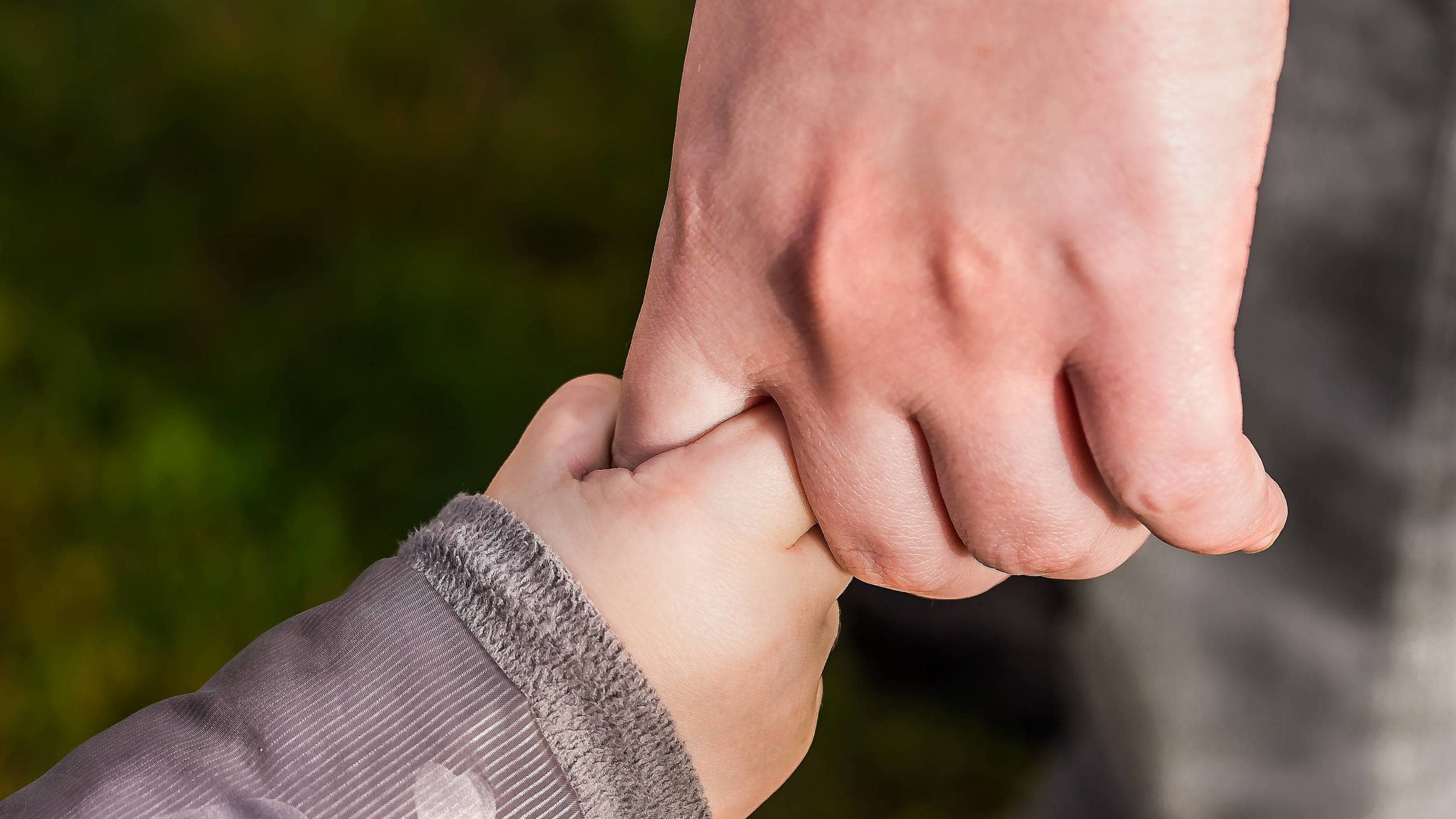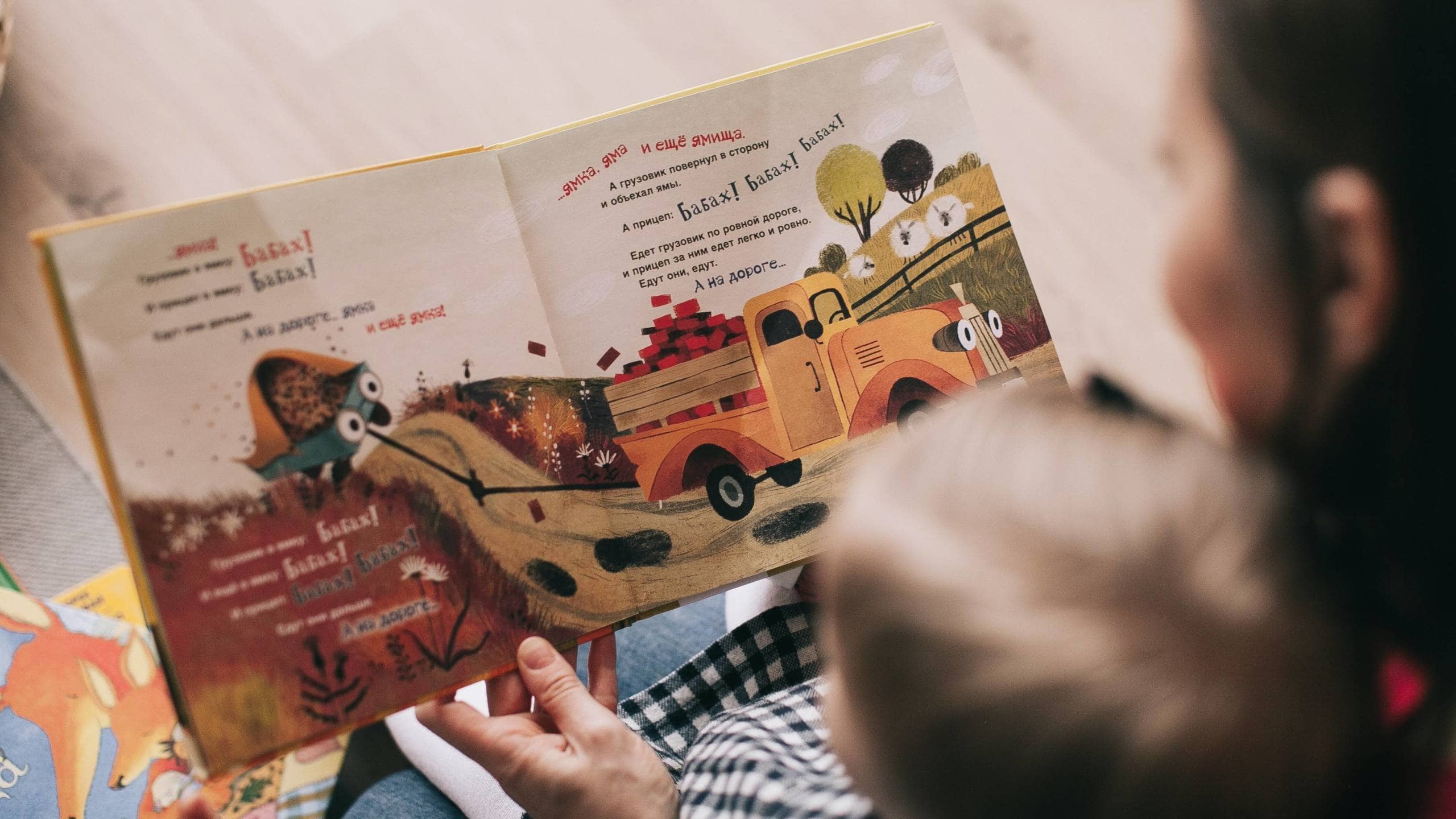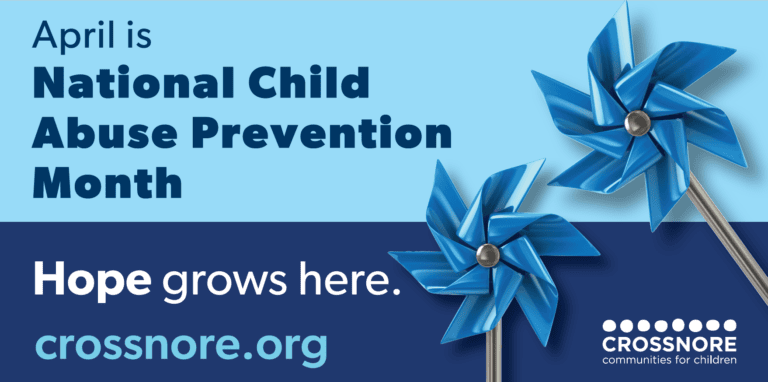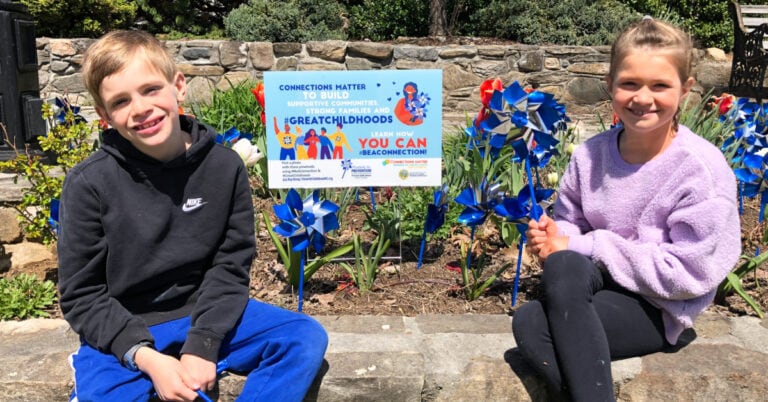by Sarah Norris, Chief Program Officer
April is National Child Abuse Prevention Month. The month’s focus it to prevent child abuse and neglect by using community support and family connection to strengthen families. I’ve spent almost 20 years in the child welfare field. And every year in the month of April, I find time to stop and reflect on what I’m doing individually to prevent child abuse. And I take a look at what the communities I’m a part are doing collectively to end the cycle of abuse.
What is child abuse and neglect?
Child abuse and neglect include “at a minimum, any recent act or failure to act on the part of a parent or caretaker, which results in death, serious physical or emotional harm, sexual abuse or exploitation… or an act or failure to act which presents an imminent risk of serious harm.”1
Neglect is more common than abuse. “In Federal fiscal year 2020, about 3.9 million referrals were made to child protective services concerning the safety and well-being of approximately 7.1 million children. Last year, an estimated 618,000 children were found to be victims of child abuse or neglect nationwide”.
Child abuse and neglect are difficult to talk about. No one wants to think about the terrible things that can happen to a child. No one wants to think a parent or caretaker could do terrible things. Things that leave a lasting mark, sometimes physically, but always emotionally. However, if we want to stop it, we must talk about it.

What can we do about it?
Spread the Word
The first step of prevention is awareness. We can’t prevent what we don’t realize is a problem. We can’t stop what we don’t know about. The Child Welfare Information Gateway has tons of resources that can be referenced. We can read, tweet, post, email, or print them out for anyone who wants to know more. Even when it feels uncomfortable or too emotional to think about, we must call it out if we want to impact change.
Words into Actions
We can also each commit to doing something in action. Giving back can look like many things. It could be volunteering for an agency or in a community that serves children and families in need. You might serve as a foster parent. Or it may be getting to know and providing support to foster parents in your community. You could donate financially to an agency who serves children and families. Or it could be as simple as getting to know parents who might need support and offering what you can.
Parents who end up abusing or neglecting their children usually have their own struggles that impact their behavior and choices. If we can support those parents in a way that alleviates some of the struggle, it may impact the trajectory of their future behavior. We can all think of a time when we needed someone to come to our side. And if they had not, we might have gone down a different path that could have been detrimental to us or those around us. It’s possible that we just might be that support person for someone else too.

Never Give Up
What we cannot do is give up. It can seem daunting to think that even with all the work we do, some kids will still be abused and neglected. Some parents will still make poor choices. However, we cannot let that feeling of being overwhelmed stop us from speaking up and jumping in. North Carolina is in a state of child welfare transformation like never before. While we have a long way to go, if those before us had given up, we would not have made the progress we have thus far. We must never give up. If our efforts help even one child, they are worth it.
- https://www.childwelfare.gov/topics/can/
- U.S. Department of Health & Human Services, Administration for Children and Families, Administration on Children, Youth and Families, Children’s Bureau. (2022). Child Maltreatment 2020. Available from https://www.acf.hhs.gov/cb/dataresearch/child-maltreatment.



